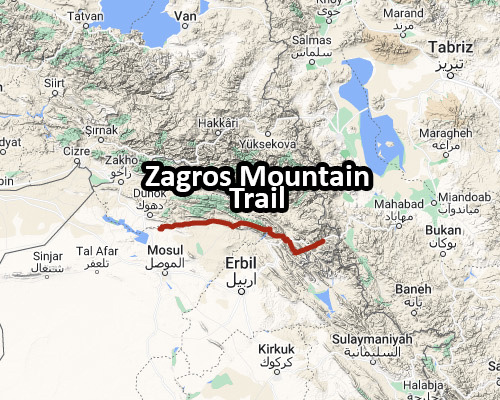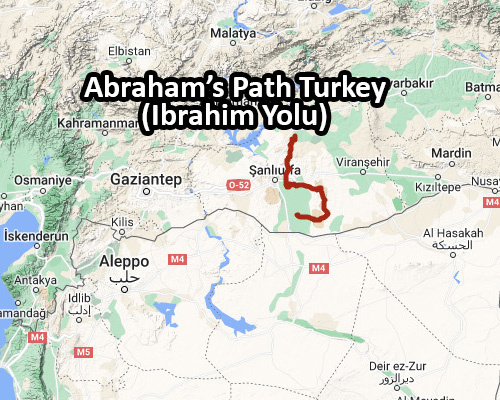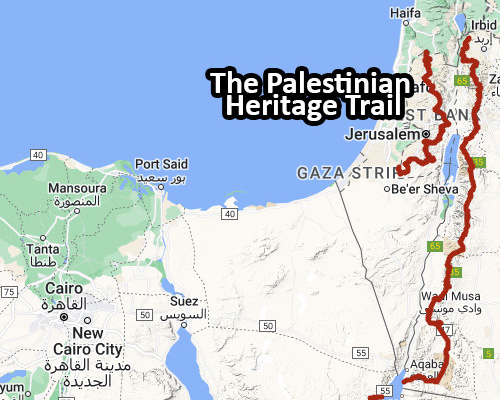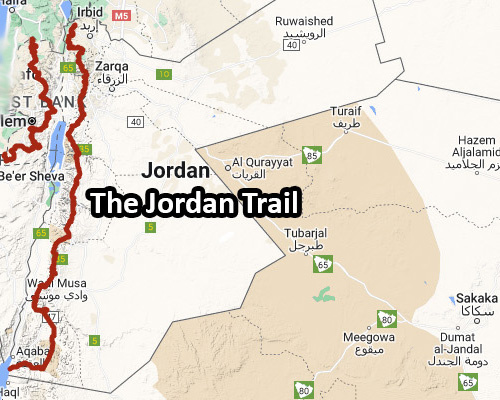Walk
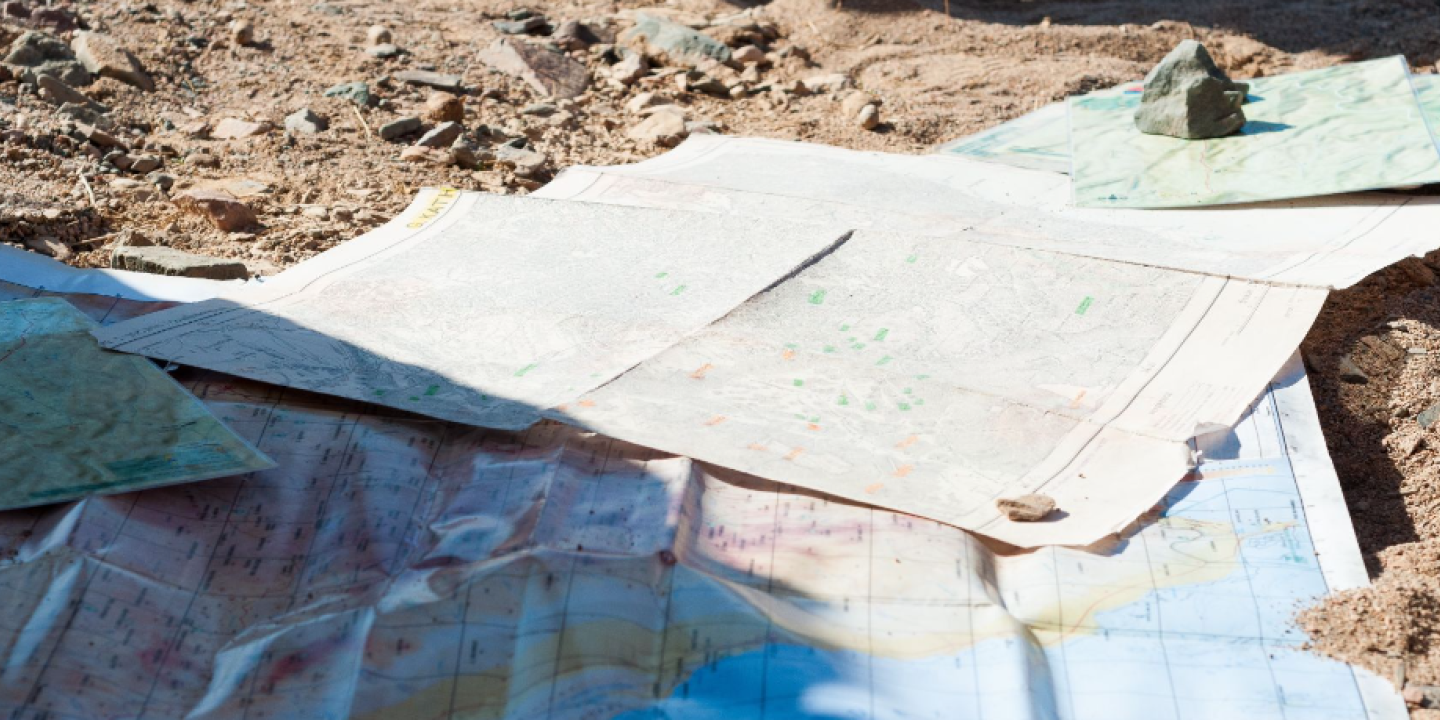
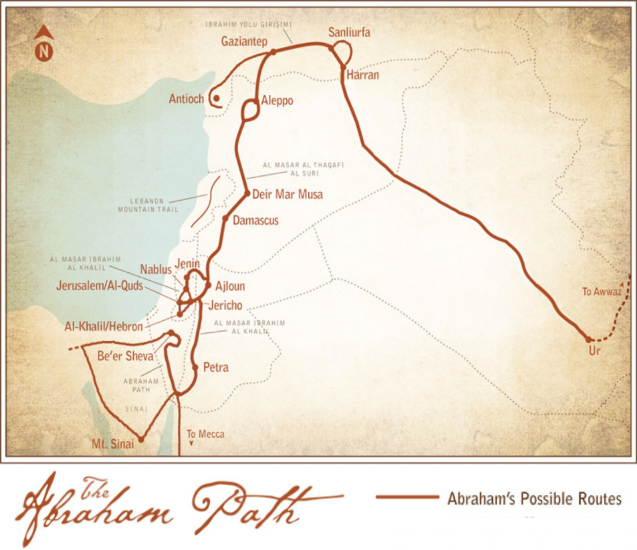
To journey on the Abraham Path is a visit to the many communities that are part of the legend of Abraham’s Journey. We are proud that all of the trails we have seeded, scouted, and helped to develop infrastructure for are wholly owned and operated by local organizations.
In 2003, William Ury, a Harvard-trained anthropologist, and friends in Boulder, Colorado, wrestled with how to stem trends of violence of the region. Every culture has an origin story. What is the origin story of the Fertile Crescent? The legend of Abraham (Ibrahim in Arabic). And the idea of a walking path was born, following in the footsteps of Abraham. People would meet and get to know one another through certified guides and homestays.
In 2006, 25 people embarked on a trip from Urfa to Hebron, following Abraham’s footsteps, from what may have been his place of birth, to the place he is believed to be buried. This journey laid the foundation for a bold and hopeful project: the development of walking trails approximating the narrative of Abraham and his family, sharing hospitality with people they met along the way. Stories related to the family of Abraham abound in the region, from today’s Iraq to the Sinai Peninsula and to the Hajj pilgrimage.
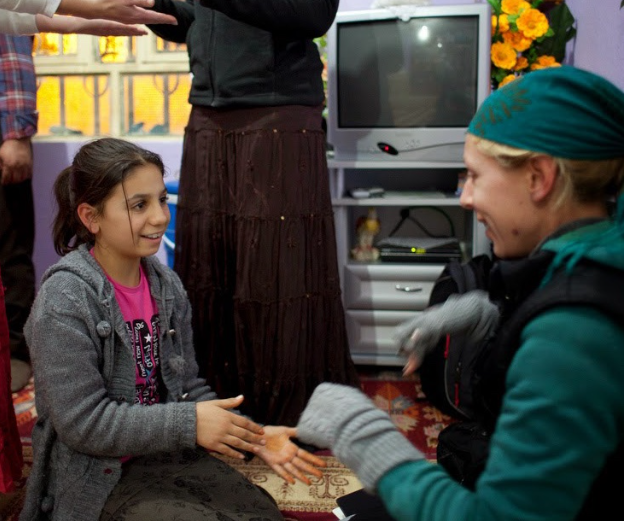
Ready to plan your trip? We’ll connect you! visit@abrahampath.org
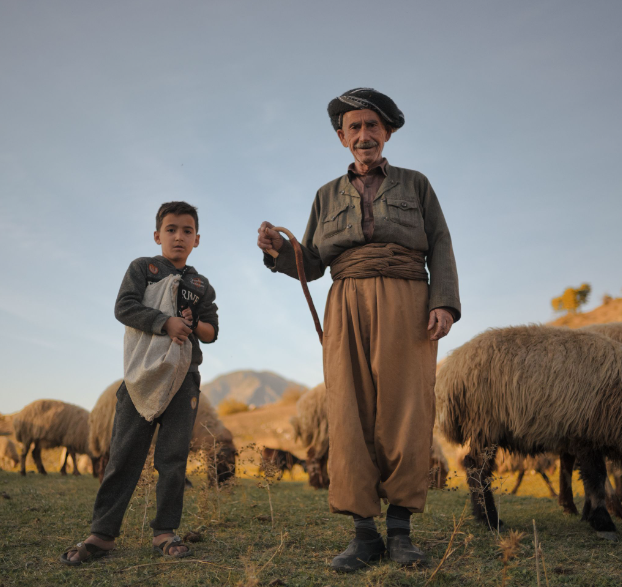
By 2020, nearly 80,000 visitors had walked the network of trails inspired by the Abraham Path project. They’ve told tens of thousands of stories about the people of the region, their families, traditions, art, architecture, languages, recipes, and agricultural practices. Walkers foster friendships across sometimes challenging divides, boost local economic development, and enrich understanding of this region and its peoples for audiences around the globe.
The path is also about economics. When people walk, they spend money. Umm Ahmad was struggling to make ends meet in her northern Jordan village. She had seven children, her husband was disabled, they lived in one room. Her great strength was cooking. Walkers started coming to eat at her home. The home was expanded. She gained respect. “You have made me visible in a village where people were once ashamed to look at me,” Umm Ahmad told API.

